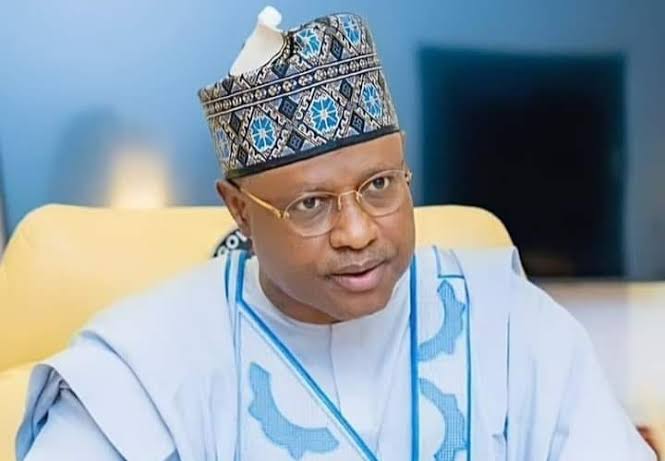By Peter Omopo
Kaduna State Governor, Senator Uba Sani, has donated 23 Sport Utility Vehicles (SUVs) to traditional rulers across the state, commending their pivotal role in promoting peace, security, and community cohesion.
The vehicle distribution ceremony, held Sunday at the Sir Kashim Ibrahim House in Kaduna, saw the governor express gratitude to the monarchs for their ongoing support in the state’s non-kinetic approach to combating insecurity.
Governor Sani attributed the success of Kaduna’s security strategy to the collaborative efforts of traditional leaders and security agencies. “They have been working day and night, sharing intelligence and staying close to the people. Without their support, we wouldn’t have achieved the peace and stability we enjoy today,” he said.
He also applauded the Speaker of the House of Representatives, Rt. Hon. Tajudeen Abbas, for facilitating the provision of the vehicles, describing the gesture as a means of motivating the traditional institutions to continue their vital roles.
“This synergy between traditional institutions, religious leaders, community leaders, and security agencies is the reason we’ve remained one of the most peaceful sub-nationals in Nigeria over the past two years,” Governor Sani stated.
Highlighting his tenure as a senator, the governor recalled securing federal interventions worth over ₦20 billion for Kaduna State, including the ongoing construction of the ₦12 billion Faculty of Engineering at Kaduna State University. He credited the continued progress on the project to the collaborative efforts of Deputy Governor of the Central Bank, Mohammed Sani Abdullahi Dattijo, and Speaker Abbas.
Speaker Abbas, in his remarks, emphasized the strategic importance of empowering traditional rulers. “These vehicles are not just for show. They are vital tools to help our monarchs access every part of their domains and strengthen their role in governance,” he said.
He announced that further support, including palace renovations, has been included in the 2025 federal budget, and revealed plans to enshrine a formal role for traditional rulers in Nigeria’s governance structure through ongoing constitutional amendments.
“By 2026, we hope to have a constitutional provision that recognizes and institutionalizes the role of traditional rulers in national governance,” Abbas affirmed.

